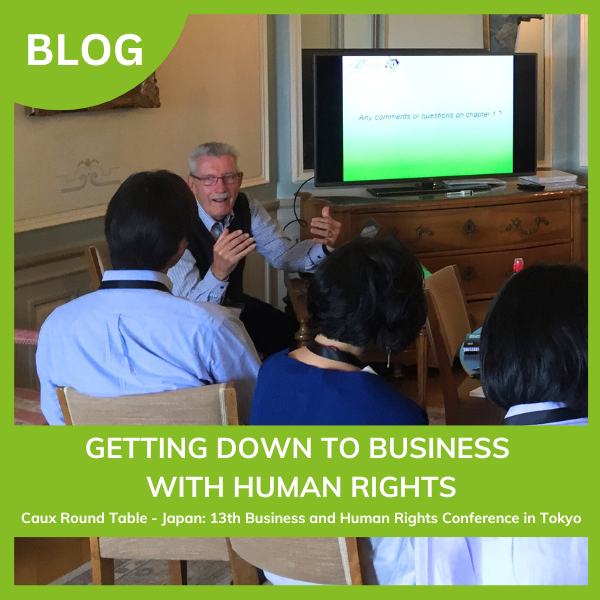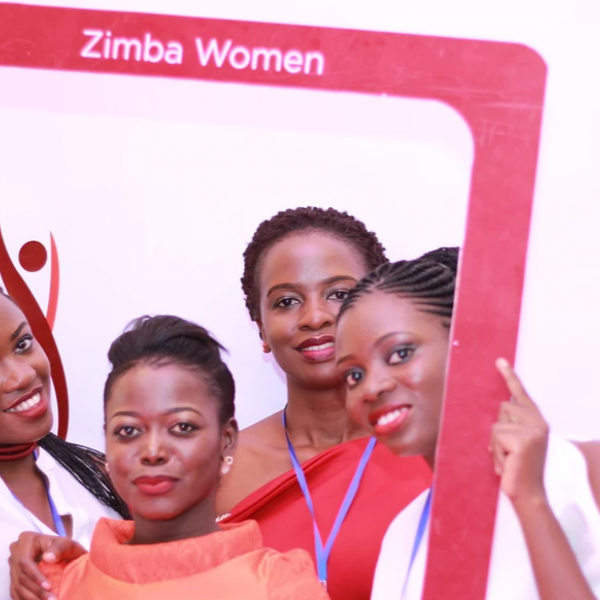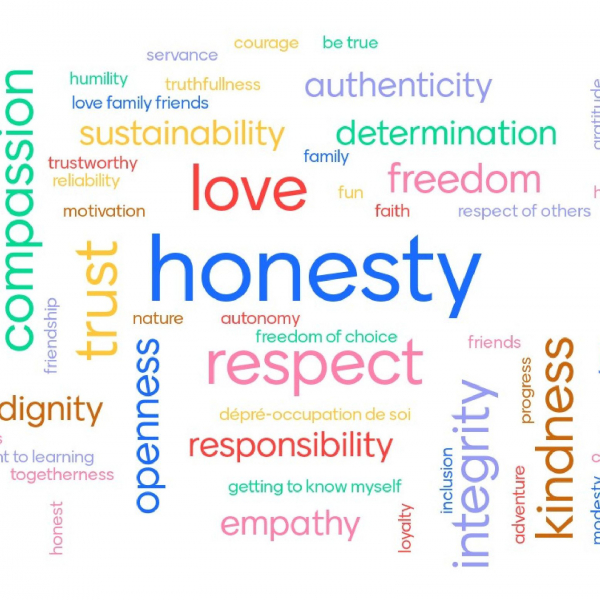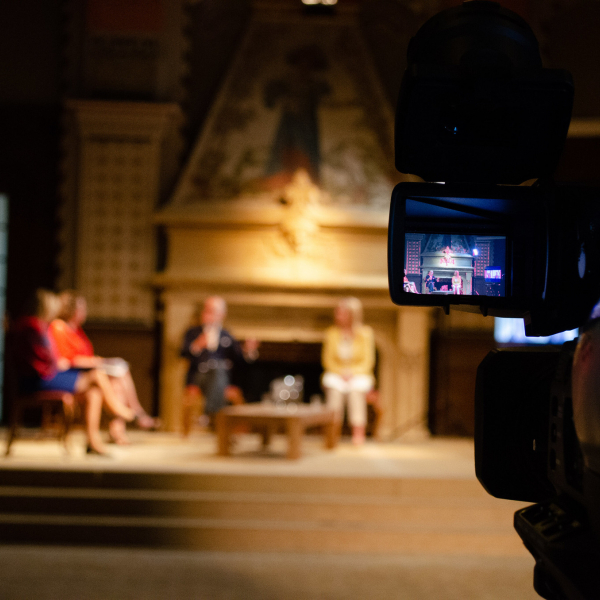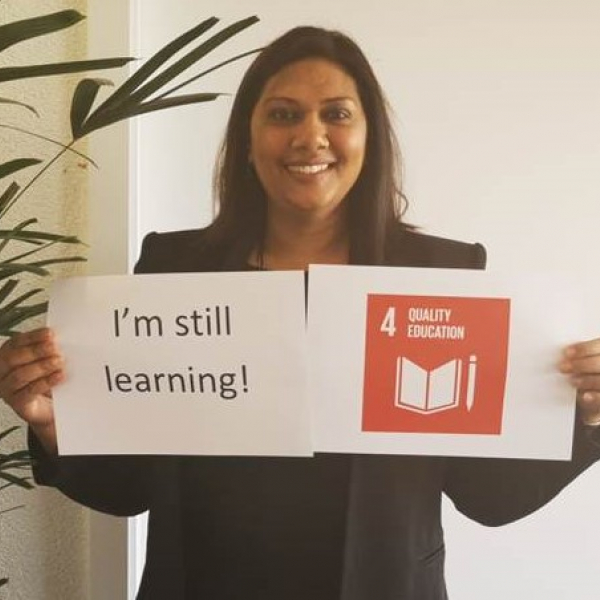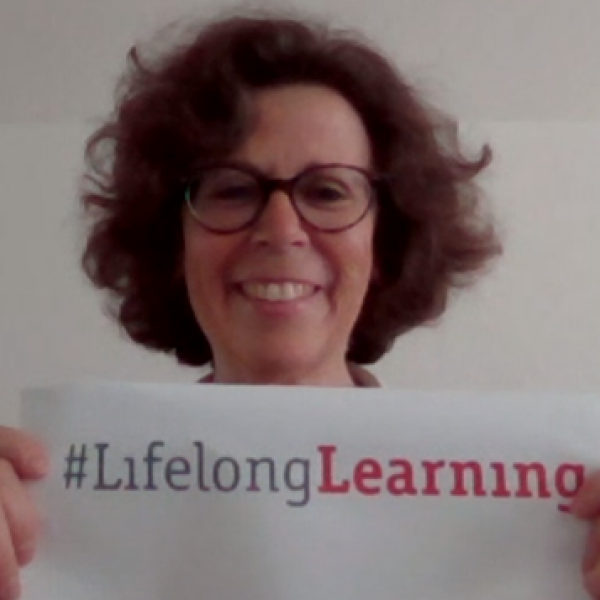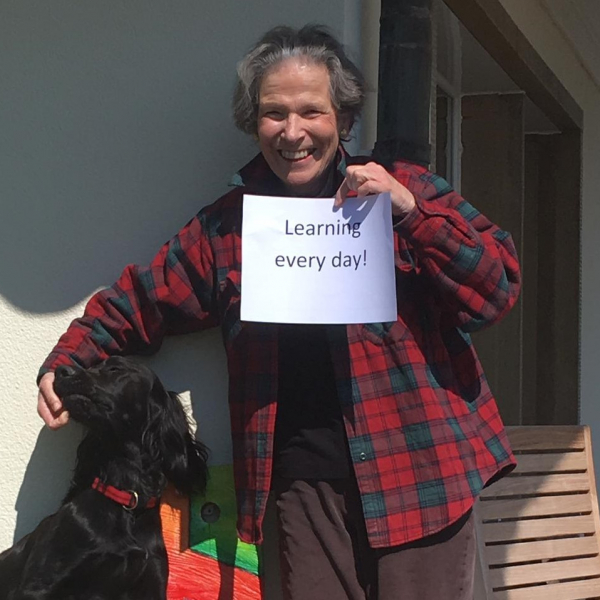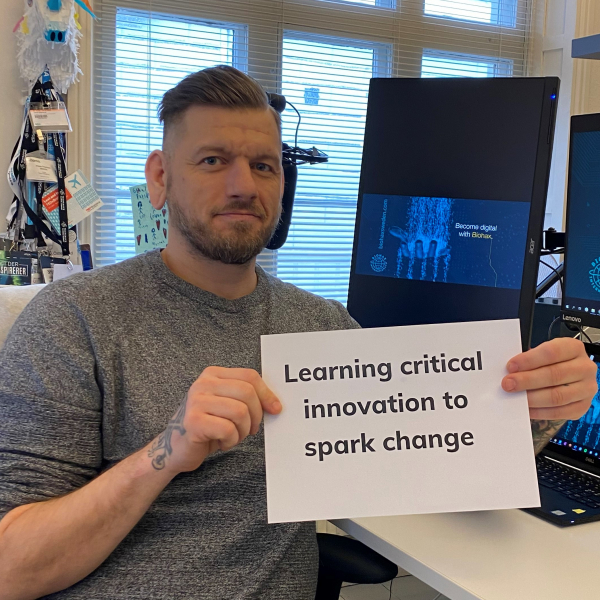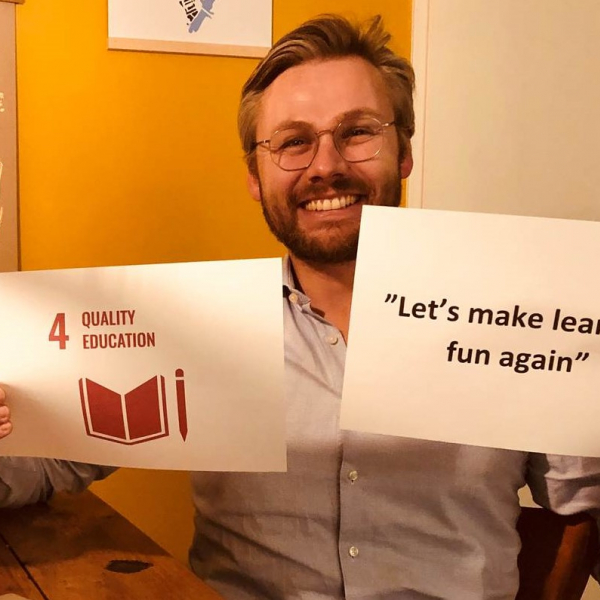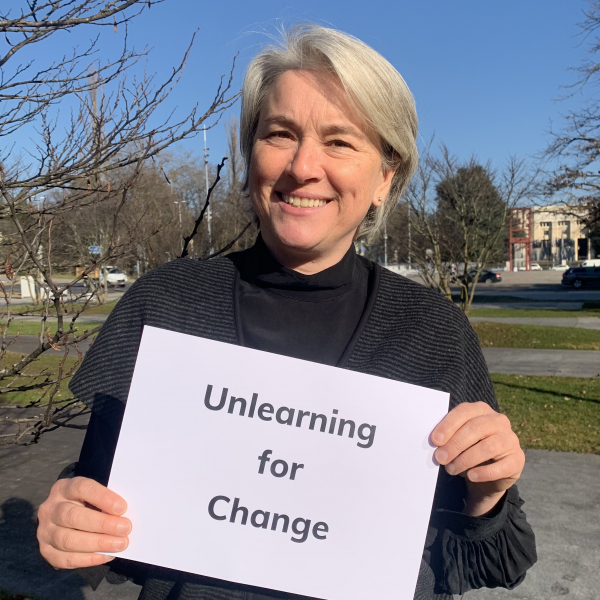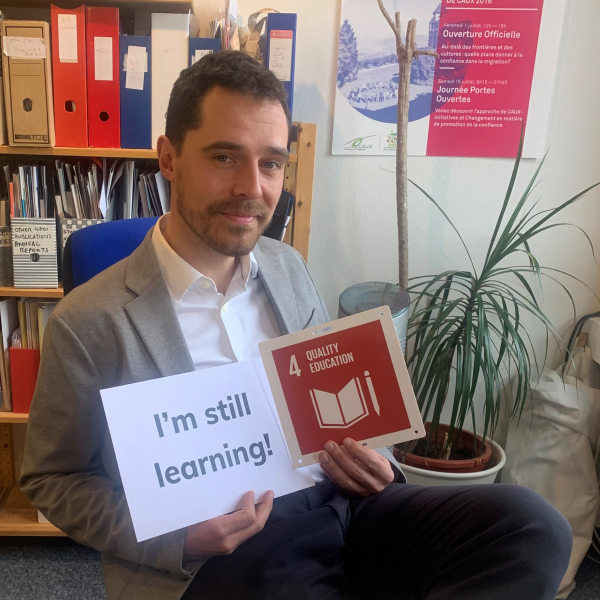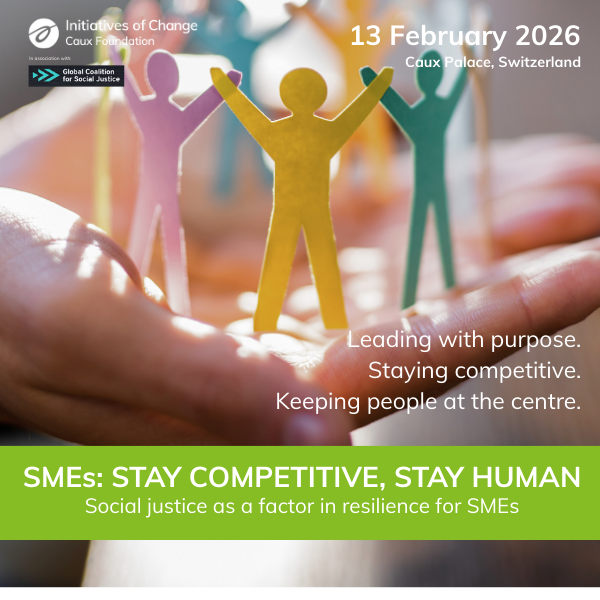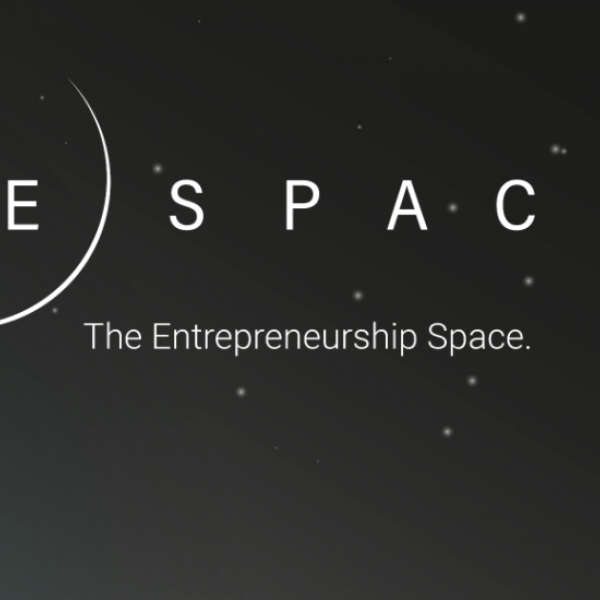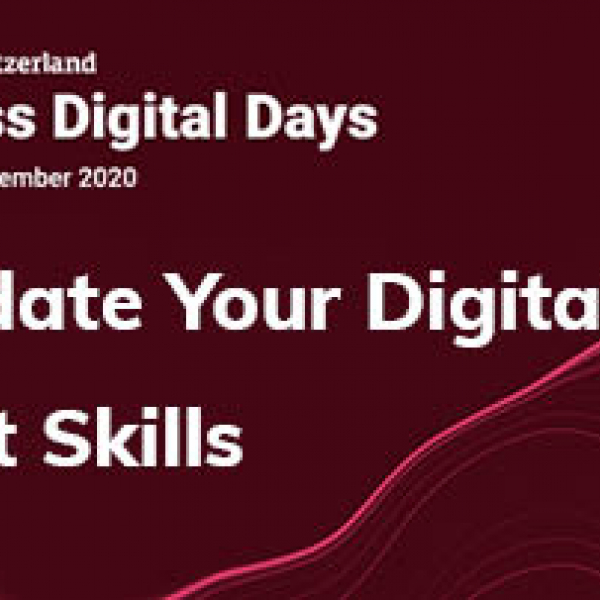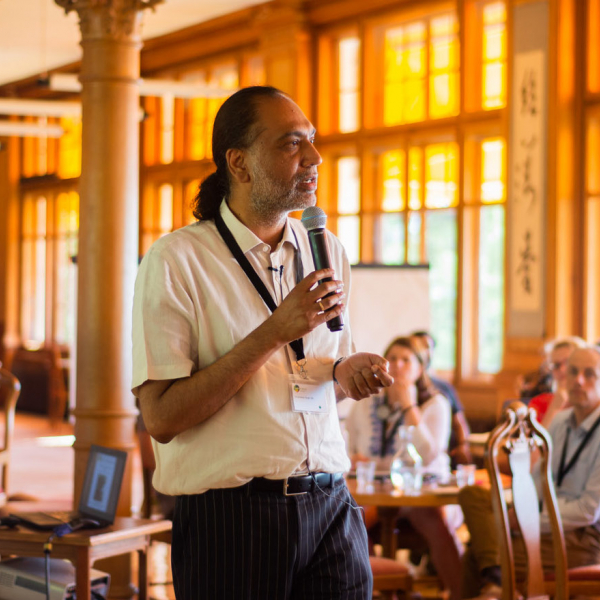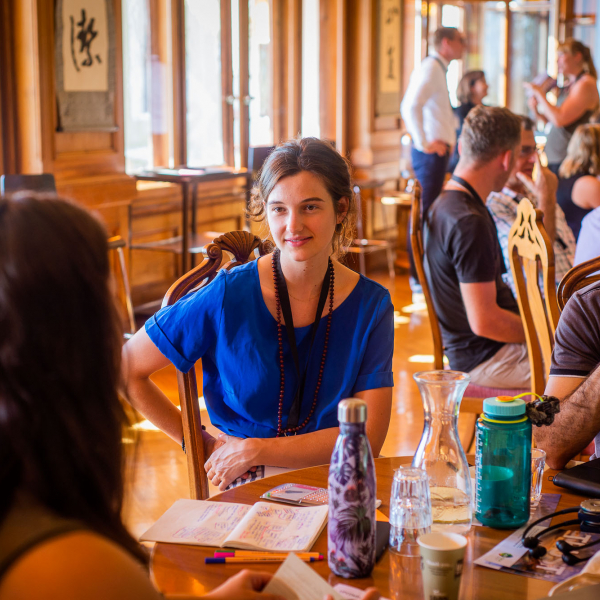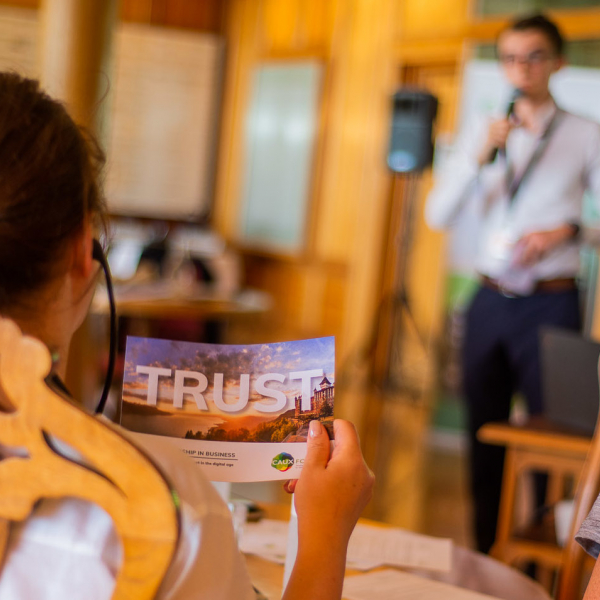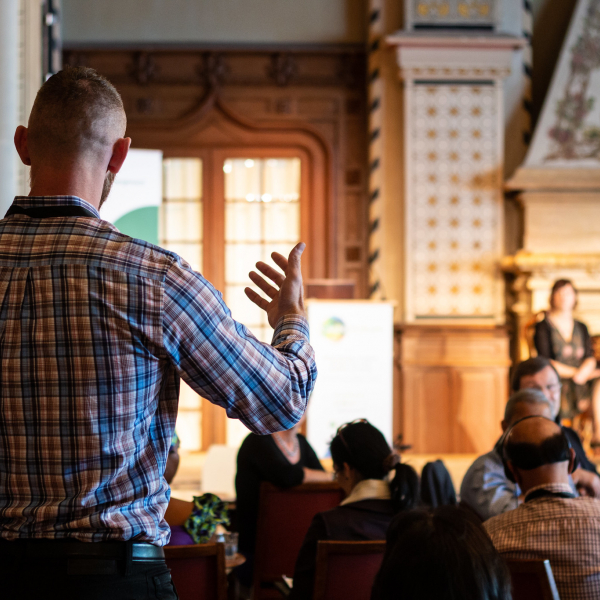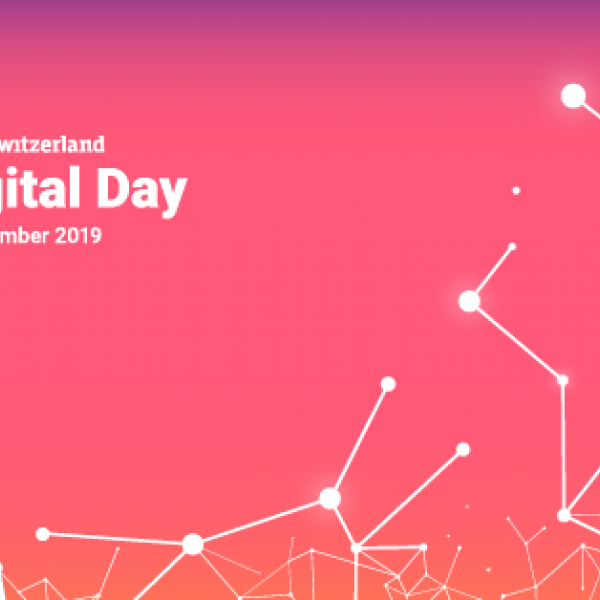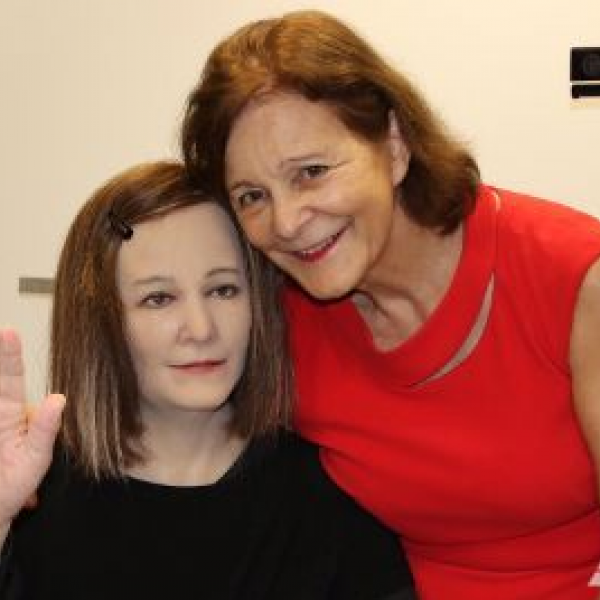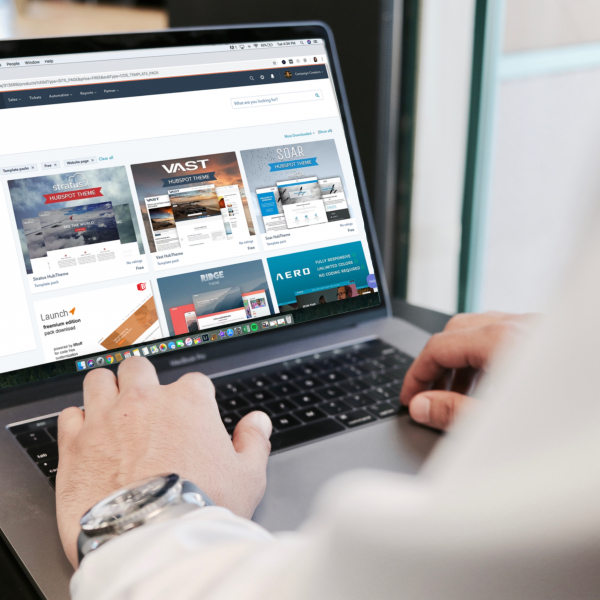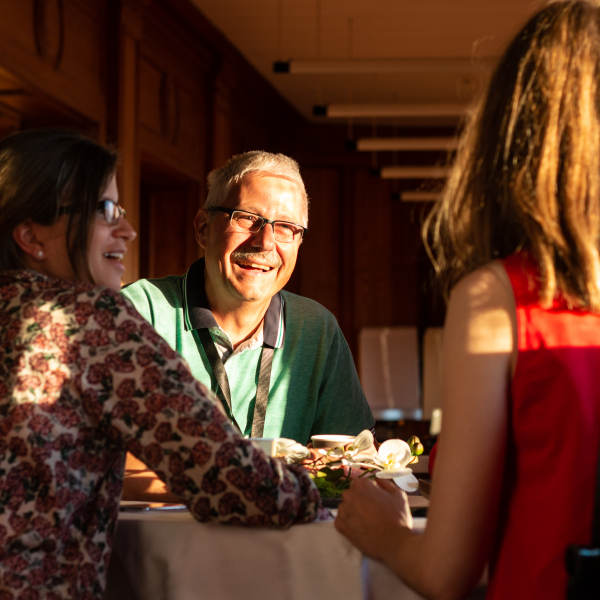Tools for surviving a crisis
Global Entrepreneurship Week 2020
01/12/2020During Global Entrepreneurship Week in November 2020, Initiatives of Change Switzerland took part in E-SPACE, a three-day hybrid event, which offered a range of master classes and conferences. Annika Hartmann, Managing Director of the Ethical Leadership in Business programme, offered a masterclass on ‘Surviving a crisis’.
Crises are not only difficult times, but they also mark a point of change – and therefore of opportunity, Annika Hartmann told participants in her masterclass on ‘Surviving a crisis’. She identified tools and strategies which entrepreneurs can use to prepare themselves for such times.
Entrepreneurs are all about finding solutions, she said, but this requires resilience. Those who have developed this quality can bounce back more quickly and with less stress than those who haven’t. The good news is that everyone can strengthen their resilience, but first, she said, ‘you need to apply the oxygen mask principle and take care of yourself’.
She suggested taking time in quietness every day to gain clarity on your situation, on the purpose and values which guide your actions, and on the way forward. Journaling is another great way to discover yourself. However, Annika warned, this is a marathon, not a sprint – these tools will be most useful when practised regularly, in the long term.
Resilience also involves external factors. Social connections at different levels (personnel, professional and community) can offer support. Being isolated is harmful for to health and it is important to reach out to others.
Participants also had the chance to watch three young people from countries in crisis telling us about their own coping strategies. Antoine from Lebanon explained that as his country started a revolution in 2019, he had found it helpful to keep a healthy distance from the news, practice quiet times and surround himself with people with whom he had a mutually supportive relationship. But he was still unprepared for the crisis which followed Beirut’s explosion in August. What had helped him then was joining others in cleaning up streets, churches and houses. Through this, he had come to accept what had happened.
Sidra from Syria explained that most people in her country live below the poverty line, but wallowing in the situation does not help. She had found strength in her practice of journaling and quiet time and had decided to reach out to others. She found other young people who wanted to make a difference and together they are taking initiatives to change the world’s perception of Syria and to help people in need.
Lastly, Mark from Belarus described his practice of protest and solidarity during the troubled times that have followed his country’s elections. ‘Help others when you can,’ he said, ‘but also don’t hesitate to ask for help yourself.’ We can find much strength and support in our communities.
With these strategies to build resilience at hand, Annika Hartmann closed by telling participants that it was now up to each of them to create their own survival toolkit.

